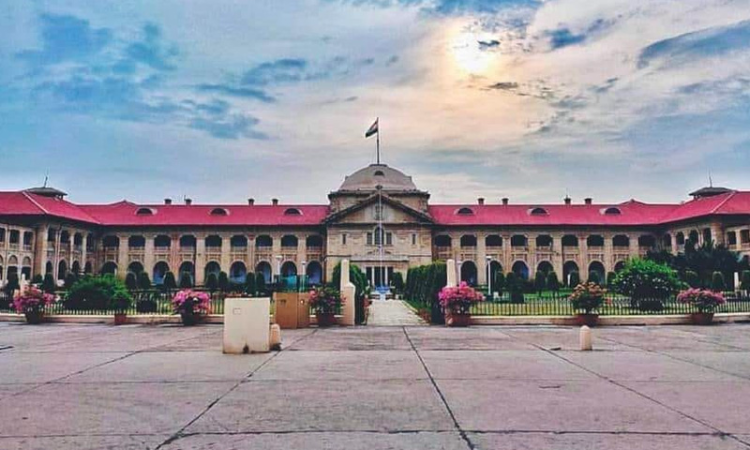Detention Of A Person Despite Furnishing Of Personal Bond Violative Of Article 21: Allahabad High Court
Akshita Saxena
19 Feb 2021 5:37 PM IST

Next Story
19 Feb 2021 5:37 PM IST
The Allahabad High Court has held that keeping a person in custody, despite his furnishing personal bonds as required by the magistrate, is violative of his right to personal liberty guaranteed under Article 21 of the Constitution. A Division Bench comprising of Justices Surya Prakash Kesarwani and Shamim Ahmed recently pulled up an Executive Magistrate for failing to release two...
